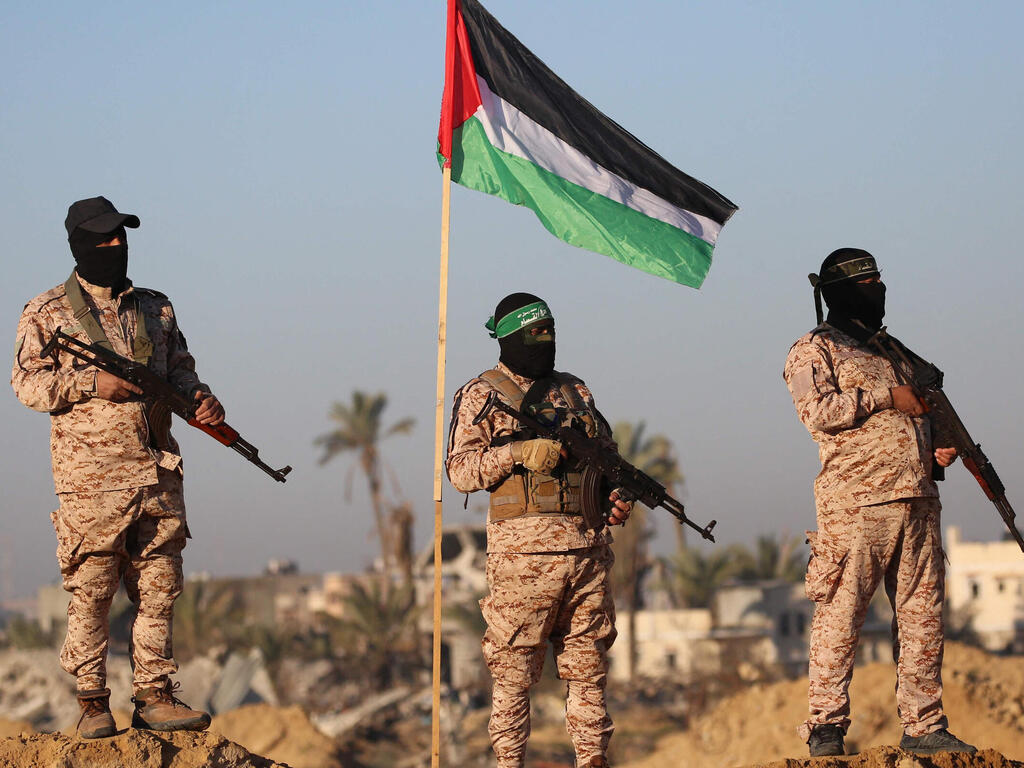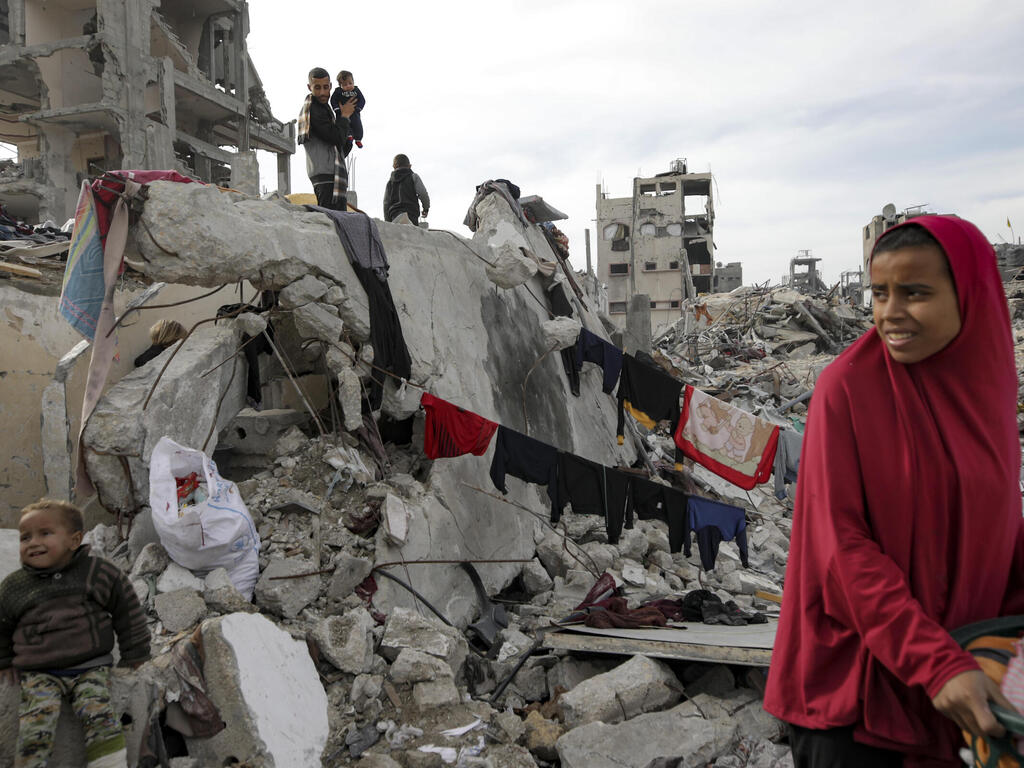
“There is no need for Hamas to be in Gaza’s government in the future. We have made concessions regarding the future of governance, but we have every right to remain part of the political landscape,” Qassem said.
In practice, it appears that Hamas is attempting to replicate Hezbollah’s model in Lebanon: the group would not assume civil control over the Strip or be responsible for the welfare and needs of its residents. Instead, it could focus its resources entirely on “resistance”—meaning preparations for war with Israel. Since Hamas remains the dominant military force in Gaza, it would dictate the reality on the ground, while civilian officials could effectively act as its proxies.
Another report, in the Qatari newspaper Al-Araby Al-Jadeed, quoted different Egyptian sources who said that Cairo has been consulting with European Union representatives to establish a joint oversight mechanism for a temporary committee composed of independent Palestinian figures unaffiliated with Hamas, Fatah, or the Palestinian Authority. According to the report, this committee would manage Gaza under direct Egyptian supervision with European monitoring.
The sources told the newspaper that The Egyptian government had reached understandings with Hamas regarding its removal from all aspects of civilian and security governance in Gaza, and noted that Hamas had shown flexibility and cooperation.
Trucks carrying heavy machinery for Gaza at the Rafah border crossing
On Monday, Israeli officials emphasized that the requirements for the next phase include the demilitarization of Gaza. Additionally, Israel made clear that any form of Hamas, Fatah, or Palestinian Authority rule over the Strip would be unacceptable. “We will not agree to the continued presence of Hamas or any other terrorist organization in Gaza,” Sa’ar said.









